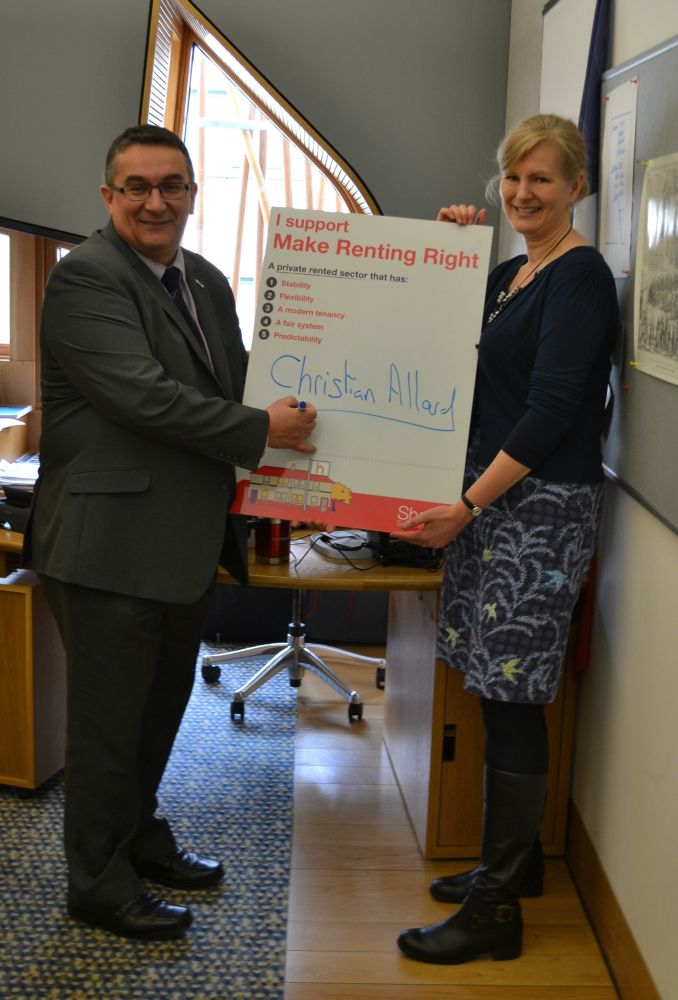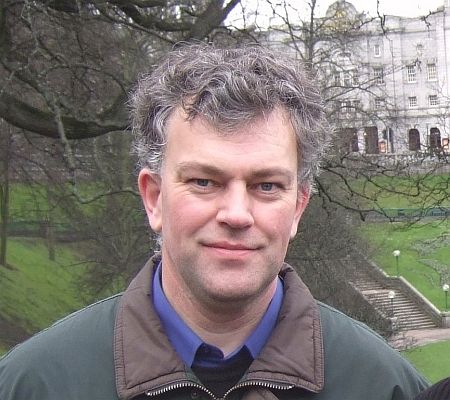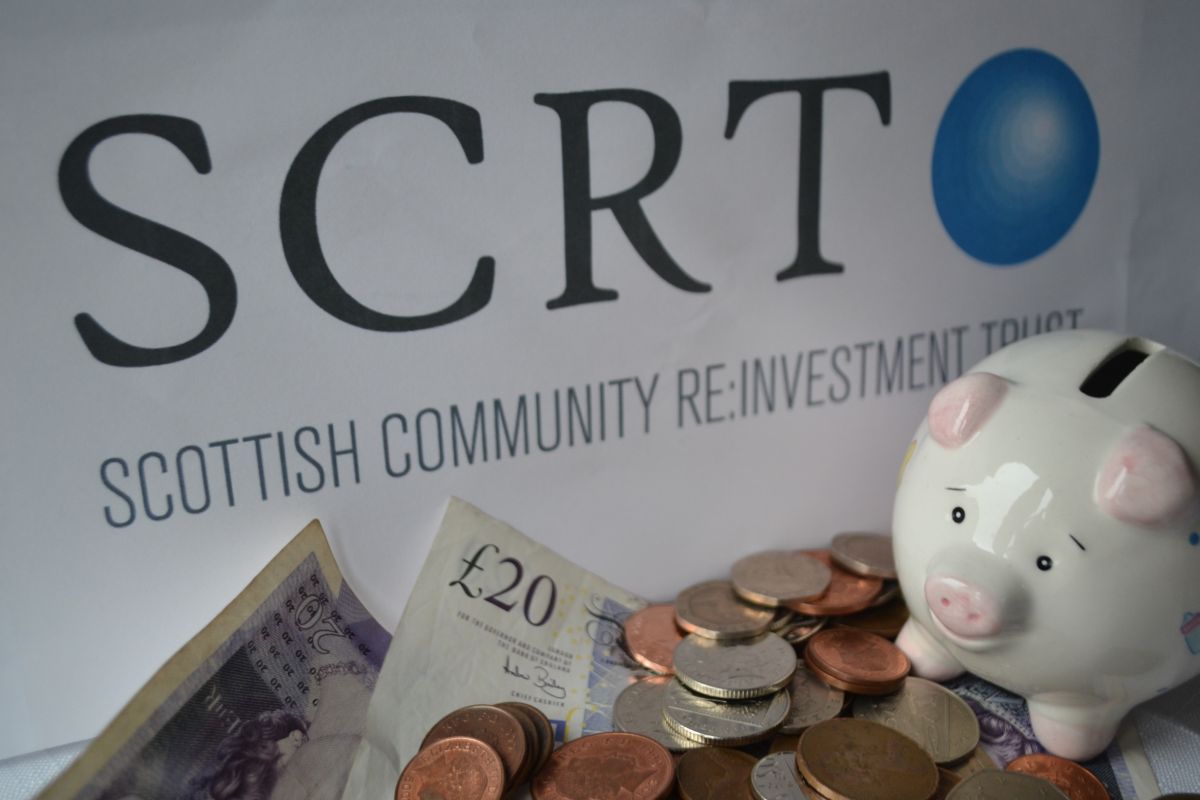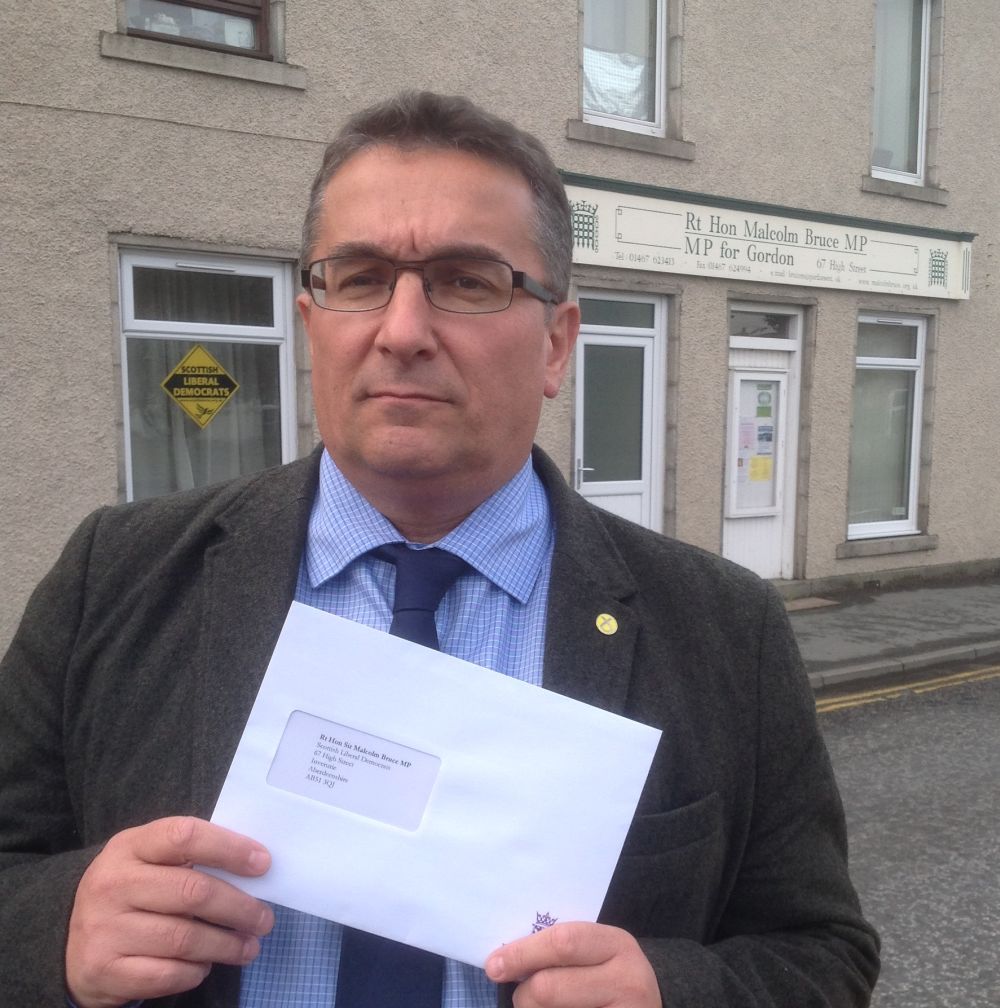 With thanks to Paul Smith, Citrus Mix.
With thanks to Paul Smith, Citrus Mix.
Two leading oil and gas companies have made donations totalling £80,000 in a significant funding boost which will support vital youth counselling provided by Mental Health Aberdeen.
The charity’s ACIS Youth service has received £50,000 from Apache North Sea and £30,000 from Nexen Petroleum UK Ltd to enable it to continue its work with children and young people throughout the north-east.
For Nexen it represents the second tranche of money, having gifted £45,000 in 2014, whilst Apache has pledged to follow this year’s pledge with a further two years of funding.
Both companies are based at the Prime Four business park in Kingswells and have made the donations as part of their commitment to the region’s charitable sector.
Astrid Whyte, chief executive of Mental Health Aberdeen, said:
“These incredibly generous gestures by Nexen and Apache will have a huge impact. The funding will be used specifically to aid our ACIS Youth network, which does valuable work with youngsters who have turned to MHA for help.
“In the past year alone ACIS Youth counsellors provided 1,125 sessions for 178 young people and responded to more than 1,000 requests for information. Whilst the number supported by our counsellors has increased on the previous 12-months, there is still additional demand which we are working hard to meet.
“The £80,000 provided by Apache and Nexen will enable us to maintain and expand the service – making a real difference to the lives of children, young people and families within our communities.”
ACIS Youth is part of MHA’s wide range of services for young people and adults in Aberdeen and Aberdeenshire. ACIS caters for those aged 18 and under, with counselling provided free of charge and accessed directly by young people through MHA’s offices or by requests facilitated by parents, social workers, teachers, GPs, youth services and other agencies – providing the young person has given consent.
Astrid Whyte added:
“I am always at pains to stress that if a young person has come to us, they have already crossed a significant barrier. If they have reached out in that way we must ensure we’re in a position to provide the support they need.”
Steve Regulski, chairman of the Nexen UK donations committee, said:
“Nexen is delighted to be continuing to support the vital counselling and advice services which MHA provides to people affected by mental health and wellbeing challenges in the local area.
“Last year, Nexen contributed funding to MHA’s Comraich Centre in Inverurie, a valuable resource that is positively changing the lives of those using the service. Giving back to the communities where we live and work is deeply rooted in Nexen’s company values and we are committed to working in partnership with local charities to help them deliver their good work.”
Rebecca Brown, finance manager of Apache North Sea, said:
“I am delighted that Apache is able to support ACIS and in particular the initiative to place counsellors in schools. This will encourage young people to ask for and access help when they need it and has the potential to change their lives and future wellbeing.”
MHA was founded in 1950 and provides support services, counselling and advice to people affected by challenges related to mental health and wellbeing. Services are available for children from the age of 12 and adults. The organisation was among the first to provide community care with its first residential project, a group home for discharged psychiatric patients, opened more than 35 years ago.
MHA has also been providing day services continuously for over 60 years. Further information is available online at www.mha.uk.net.
- Comments enabled – see comments box below. Note, all comments will be moderated.





